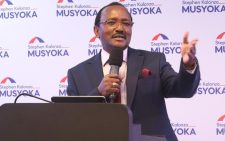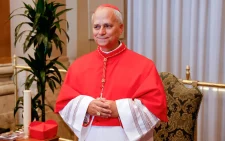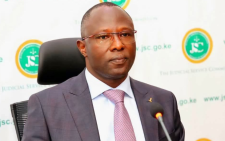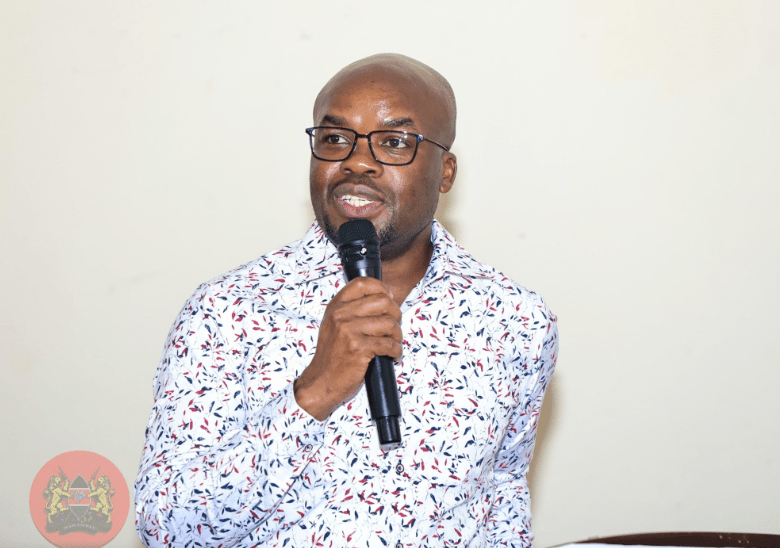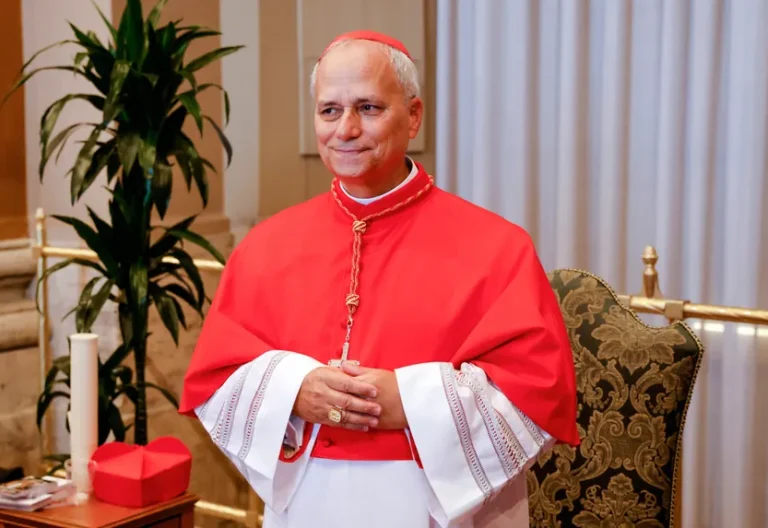Mixed reactions greet move to extend BBI team’s tenure
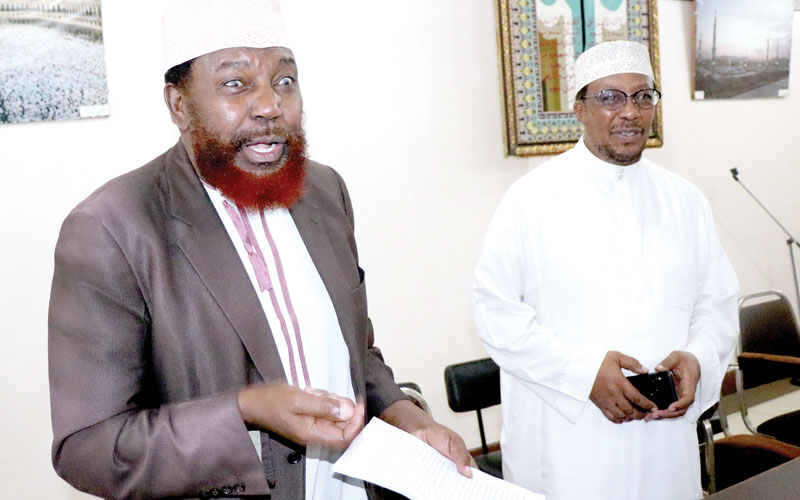
George Kebaso and Eric Juma
The decision by President Uhuru Kenyatta and former prime minister Raila Odinga to extend the Building Bridges Initiative (BBI) taskforce’s term — a move that partially gives it a mandate to midwife the process — continues to draw mixed reactions across the political divide.
While some leaders welcomed the move saying the panel is up to the task, others insisted that the Senator Yusuf Haji-led group has nothing new to offer on the report it compiled and want a committee of experts picked to refine it for Kenyans to approve—either by consensus or a through referendum.
The BBI report was launched by Uhuru and Raila at the Bomas of Kenya, Nairobi, on November 27 and was almost overshadowed by the Handshake and 2022 politics.
Addressing a news conference yesterday on the report that has been dominated by a debate on whether to go the popular initiative or parliamentary route, Muslim leaders rejected the extension of the taskforce’s term and proposed that a technical team be established to review the document.
Claw back gains
They warned that most of the report’s recommendations, unless discussed and reviewed, are likely to claw back the gains made in the 2010 Constitution.
Speaking to journalists yesterday at Jamia Mosque, the clerics led by the Supreme Council of Kenya Muslims (Supkem) national chairman Al-Hajj Hassan ole Naado, argued that the current team comprises State and public officers, a situation that has potential conflict of interest.
“Their presence indicates a real and, or perceived lack of independence and may lend credence to the fear that the proposed amendments are for the benefit of the ruling class and in sharing power and positions, instead of the benefit of Kenyans,” they said in a statement read by Naado.
Their concerns come a day after Anglican Church of Kenya (ACK) Archbishop Jackson ole Sapit faulted extension of the taskforce’s term.
Speaking during an ordination service at the All Saints Cathedral in Nairobi, Saturday, Sapit said work on the report needed fresh minds devoid of political affiliation.
The Muslim clergy also complained of being excluded during the appointment of the BBI taskforce team one and half years ago and called for the establishment of a new team to shepherd the process.
Similar sentiments were yesterday expressed by National Muslim Leaders Forum (NMLF), Council of Imams and Preachers of Kenya (CIPK), and the Kenya Muslim Youth Alliance (KMYA).
But Siaya Senator James Orengo called for sobriety and urged those opposed to the document to “swallow their pride” and seek an amicable solution to sort out the grey areas that risk dividing the country.
Addressing residents of Kalkada during the burial of ex-chief Joseph Osowo on Saturday, Orengo asked those with an issue to “engage us in a mature, sober and intellectual” debate.
He said the BBI addresses nine issues, including inclusivity that advocates for structure of government that creates the PM’s post and retains the presidency.
“We want a democratic system of government where power is shared fairly and dispersed so that wananchi can feel they are in a free nation and it does not matter where you are born,” said the senator.
Alego/Usonga MP Samwel Atandi who was with Orengo said: “We want peace to prevail in the country and this can be achieved through honesty and self-sacrifice by individuals”.
Speaking in Nairobi yesterday, NMLF national deputy chairman Al-Hajj Yusuf Murigu said the extension of the taskforce’s term is “loaded with possible legal landmines and legitimacy questions” and may end up creating new fault lines in the country.
“We are, therefore, urging the President to put in place a technical team to steer the process, duly ensuring the adoption of an inclusive and participatory process and we must jealously guard against further division and claw-back of the gains of the 2010 Constitution,” he added.
Supkem director-general Latiff Shaban said collection of views by the taskforce, by its own admission, has a low threshold of public participation in comparison with previous efforts of this magnitude. It gathered views from 7,000 individuals and institutions.
Statutory action
“We note that the report contains a raft of recommendations that require a range of different interventions – constitutional amendments, statutory action, and policy formulation and administrative action.
The mix of interventions will surely leave Wanjiku baffled on what precisely needs to be done,” he said.
The clerics also warned that some of the proposals have highly contentious and unacceptable issues that may lead to State interference on religious institutions and the institution of the family.
They, however, said they fully back the BBI report but want all Kenyans given opportunity to give their views and suggestions on the changes they want on the report.


